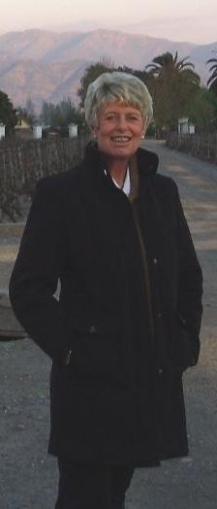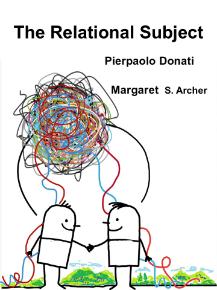Sociology Open Lecture Series (ALL WELCOME)
Speaker: Professor Margaret Archer, Ecole Polytechnique Fédérale de Lausanne
In everyday life, we, as individuals, often speak in the plural referring to a ‘We’. People say: we had lunch together, we went on holiday together, we wrote a book together, we had the same opinion about that, and so forth. This ‘we’ is a term whose referent remains unspecified but its reality is taken for granted. If one asks subjects to say what constitutes this ‘we’ they talk about, they usually indicate a number of individuals (or give a list of names), including themselves. Thus, in ordinary language, use of the ‘we’ appears to refer to an aggregate of people, seemingly wanting, doing or thinking the same thing. However, quotidian use also implies more than that; when a couple says ‘we want…’ they mean something more than ‘our personal wants happen to coincide’.
Most philosophers and social scientists agree that the ‘we’ cannot be a simple aggregate of individuals who are supposed to share an idea, an action or a purpose. Yet, when they try to give an explanation of what lies behind the ‘we’, they also differ greatly in their accounts of it. Analytical philosophers, such as John Searle, Margaret Gilbert and Raimo Tuomela, have spent twenty years trying to vindicate a concept of the ‘We’, one that gives rise to commitment, cooperation and collective action; one that also generates deontic rights: obligations, permissions, duties etc. Uniformly, they have worked on different versions of shared intentionality, best illustrated by Searle’s‘ we-thinking’ (the same thoughts are inside two different heads). Whilst I seek the same as they do from the ‘we’ – commitment, cooperation and collective action – I change the focus.
Instead, I argue that relationships are ontologically real and have emergent properties and powers: properties such as trust, concerns and reciprocity; powers to generate ‘relational goods’ and ‘relational evils’. ‘We-ness’ derives from subjects’ reflexive orientations towards these emergent relational ‘goods’ and ‘evils’ that they themselves generate. Only their object is the same, their thoughts about it may be quite different. But, their orientation towards the effects of their relationality affects their actions in a couple, a work group, sport’s team, orchestra, voluntary association or social movement (without ‘we thinking’, because in each head is one set of thoughts and the two – or more – sets will not be identical). This relational ‘we-ness’ – and its expansion – is seen as the source of voluntary organizations, of civil society and, ultimately, of the Common Good, all of which are emergents.


Location: W/222 Wentworth College
Admission: FREE - Eventbrite ticket ALL WELCOME
Email: sarah.shrive-morrison@york.ac.uk


No comments:
Post a Comment